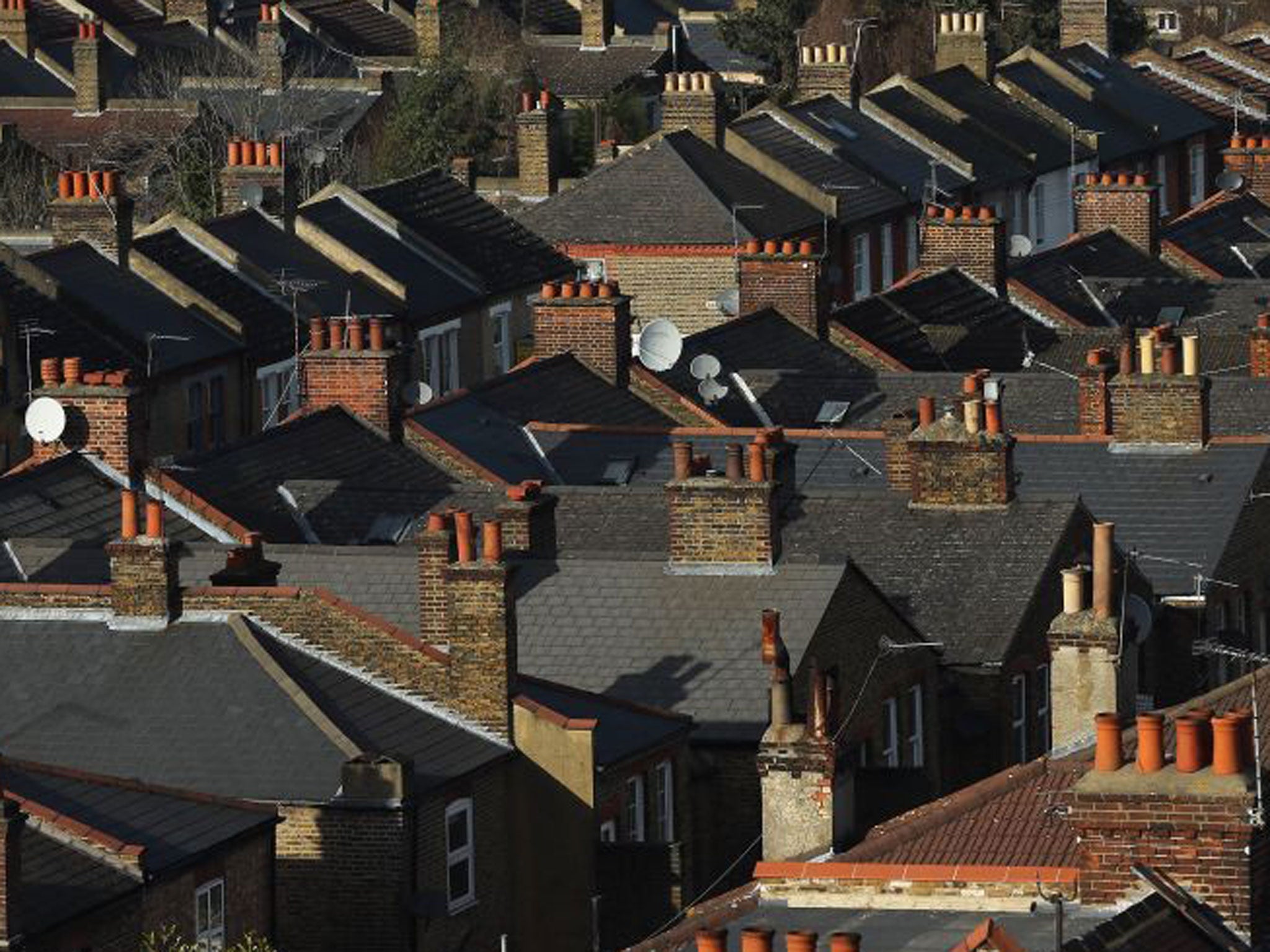Borrowing to fall to 'only' £105bn this year after Help to Buy boost
Side effect of property scheme is £400m gain in stamp duty this month

Your support helps us to tell the story
From reproductive rights to climate change to Big Tech, The Independent is on the ground when the story is developing. Whether it's investigating the financials of Elon Musk's pro-Trump PAC or producing our latest documentary, 'The A Word', which shines a light on the American women fighting for reproductive rights, we know how important it is to parse out the facts from the messaging.
At such a critical moment in US history, we need reporters on the ground. Your donation allows us to keep sending journalists to speak to both sides of the story.
The Independent is trusted by Americans across the entire political spectrum. And unlike many other quality news outlets, we choose not to lock Americans out of our reporting and analysis with paywalls. We believe quality journalism should be available to everyone, paid for by those who can afford it.
Your support makes all the difference.The Government's coffers are being bolstered by an increase in revenues from stamp duty as the Chancellor's Help to Buy subsidies reinvigorate the housing market, official figures show.
Revenues from the property sales levy were up by £400m in October compared with the same month in 2012 – a 46 per cent jump, according to the Office of National Statistics (ONS). The total take from the tax over the month was £1.2bn.
The wider public finances for October pointed to a modestly healthier picture, with total borrowing coming in at £8.1bn, down by around £100m year on year.
Over the financial year to date, the Government has, excluding various distorting one-offs, borrowed £64.8bn, down around 8 per cent from the £70.6bn it borrowed over the same period in 2012/13. Responding to the data, a Treasury spokesman said: "Britain's hard work is paying off, the Government's long term economic plan is working, and the deficit is down by a third."
City analysts now confidently predict that the Office for Budget Responsibility (OBR) will revise down its £120bn borrowing forecast for 2013/14 at the time of George Osborne's 5 December Autumn Statement by around £15bn.
"The general background remains good news for the Chancellor who will be able to announce a lower borrowing forecast as well as stronger growth," said Philip Shaw of Investec. "There should be clear, blue water between the new numbers and last March's Budget predictions."
The CBI provided further positive news regarding the economy by suggesting that manufacturers' order books in November were at their most buoyant levels since 1995. The total order book balance in the group's monthly industrial survey rose to +11, up from -4 the previous month, and well ahead of City expectations of a 0 reading. The news was strong enough to send up 10-year gilt yields by around five basis points at one point to 2.9 per cent, as traders priced in stronger growth. Sterling was also up over the day to $1.615.
"This new evidence shows encouraging signs of a broadening and deepening recovery," said Stephen Gifford, the CBI's director of economics. "Manufacturers finally seem to be feeling the benefit of growing confidence and spending within the UK and globally," he added
As well as the strong stamp duty revenues, the ONS reported that VAT receipts rose by 6.4 per cent year on year in October, reinforcing the picture of a strengthening and consumer-led recovery. Income and capital gains tax revenues were 2.3 per cent high than the same month in 2012. Total current spending was 1.2 per cent up on a year earlier. However, there were also some signs of weakness, with the corporation tax take down 8.2 per cent on the same month in 2012, reflecting declining receipts from North Sea energy firms.
The OBR admitted that borrowing was coming in lower than it forecast in March but also cautioned that the scale of any eventual public borrowing undershoot for the year as a whole remains "very uncertain".
Join our commenting forum
Join thought-provoking conversations, follow other Independent readers and see their replies
Comments